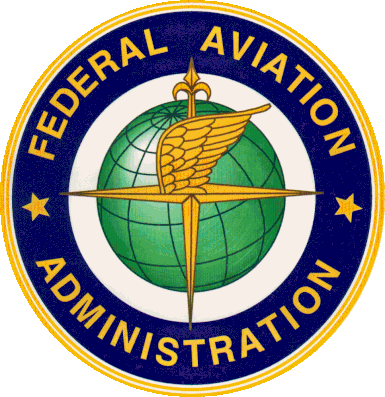 Last Wednesday the number of UAVs registered with
the FAA eclipsed 1,000,000. According to the Department of Transportation, the
1,000,000-total registration figure includes 878,000 hobbyists, who receive one
identification number for all the UAVs they own, and 122,000 commercial, public
and other UAVs, which are individually registered. For comparison, there are
currently 320,000 manned aircraft registered with the agency.
Last Wednesday the number of UAVs registered with
the FAA eclipsed 1,000,000. According to the Department of Transportation, the
1,000,000-total registration figure includes 878,000 hobbyists, who receive one
identification number for all the UAVs they own, and 122,000 commercial, public
and other UAVs, which are individually registered. For comparison, there are
currently 320,000 manned aircraft registered with the agency.
Registration was originally required under the
FAA’s small drone registration rule effective December 21, 2015. Under this rule, aircraft weighing more than
0.55 pounds (250 grams) and less than 55 pounds (approx. 25 kilograms),
including payloads such as onboard cameras, must be registered. After briefly
being halted by a judge in 2017 for conflicting with the 2012 FAA Modernization
and Reform Act, which prohibited the FAA from regulating model aircraft, the
registration system was reinstated through the 2017 National Defense Reauthorization
Act.
NAAA has long been advocating for the safe
integration of UAS into the national airspace to protect manned aircraft. In
addition to UAS registration requirements, NAAA has promoted the installation
of tracking technology like Automatic Dependent Surveillance-Broadcast (ADS-B) on
all UAS, visible strobe lighting, rigorous training for UAS pilots and
requiring all UAS to get an airworthiness certificate from the FAA.
To help keep ag aviators safe from the ever-growing number
of UAVs, you can donate your GPS data to
Mississippi State University’s Raspet Flight Research Laboratory (RFRL). The
RFRL is leading a team of aviation researchers to help determine when and where
unmanned aircraft systems can operate safely with other aircraft at low
altitudes. By anonymously sharing your GPS data logs with Mississippi State
University, the university will work with the FAA to show it where ag pilots
fly. This, in turn, could lead the FAA to have sufficient data to better
protect ag aviators flying in and around UAVs, based on submitted GPS data
logs.
NAAA also developed a checklist for low-level aviators should they have an encounter
with a UAS.